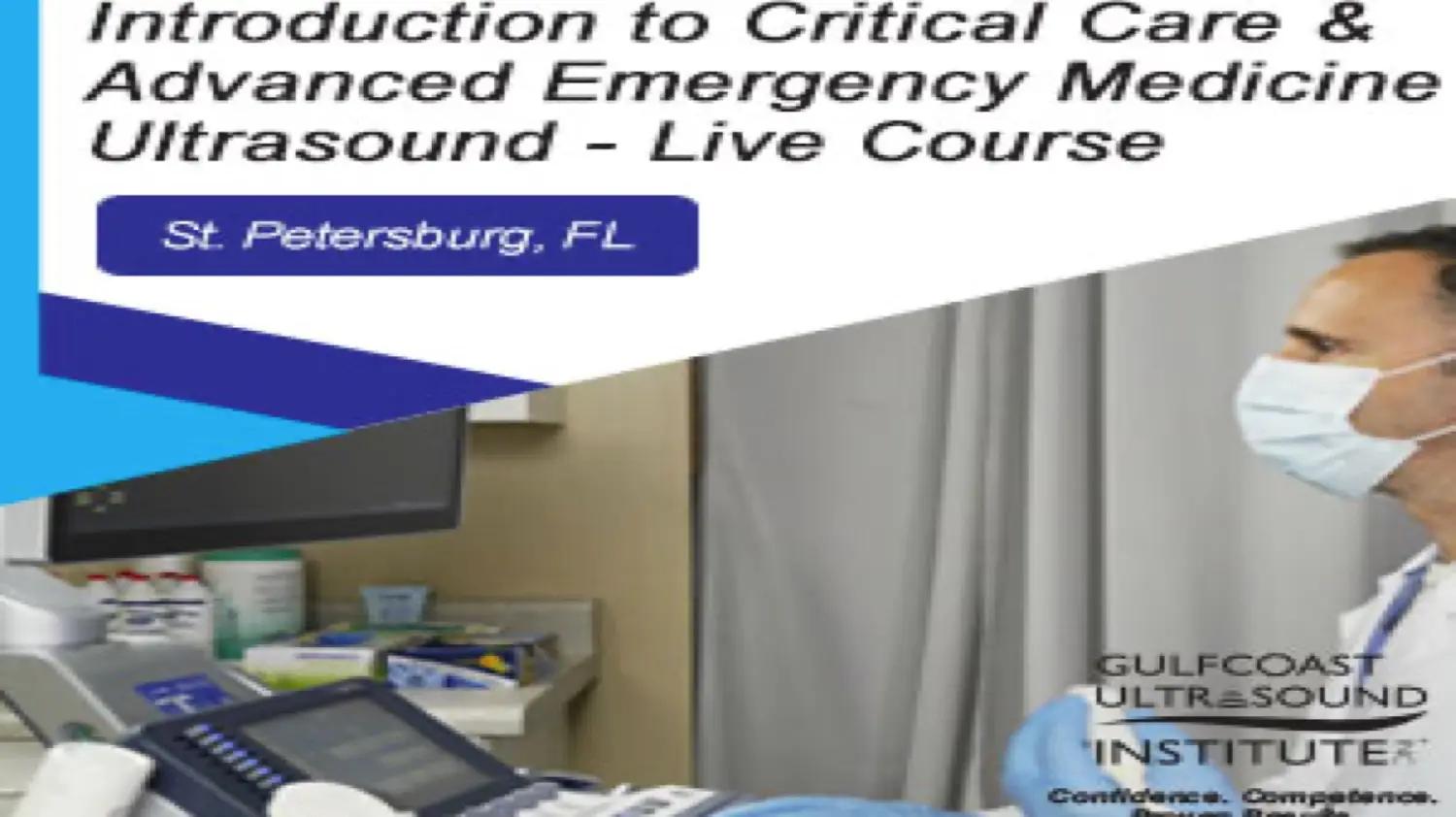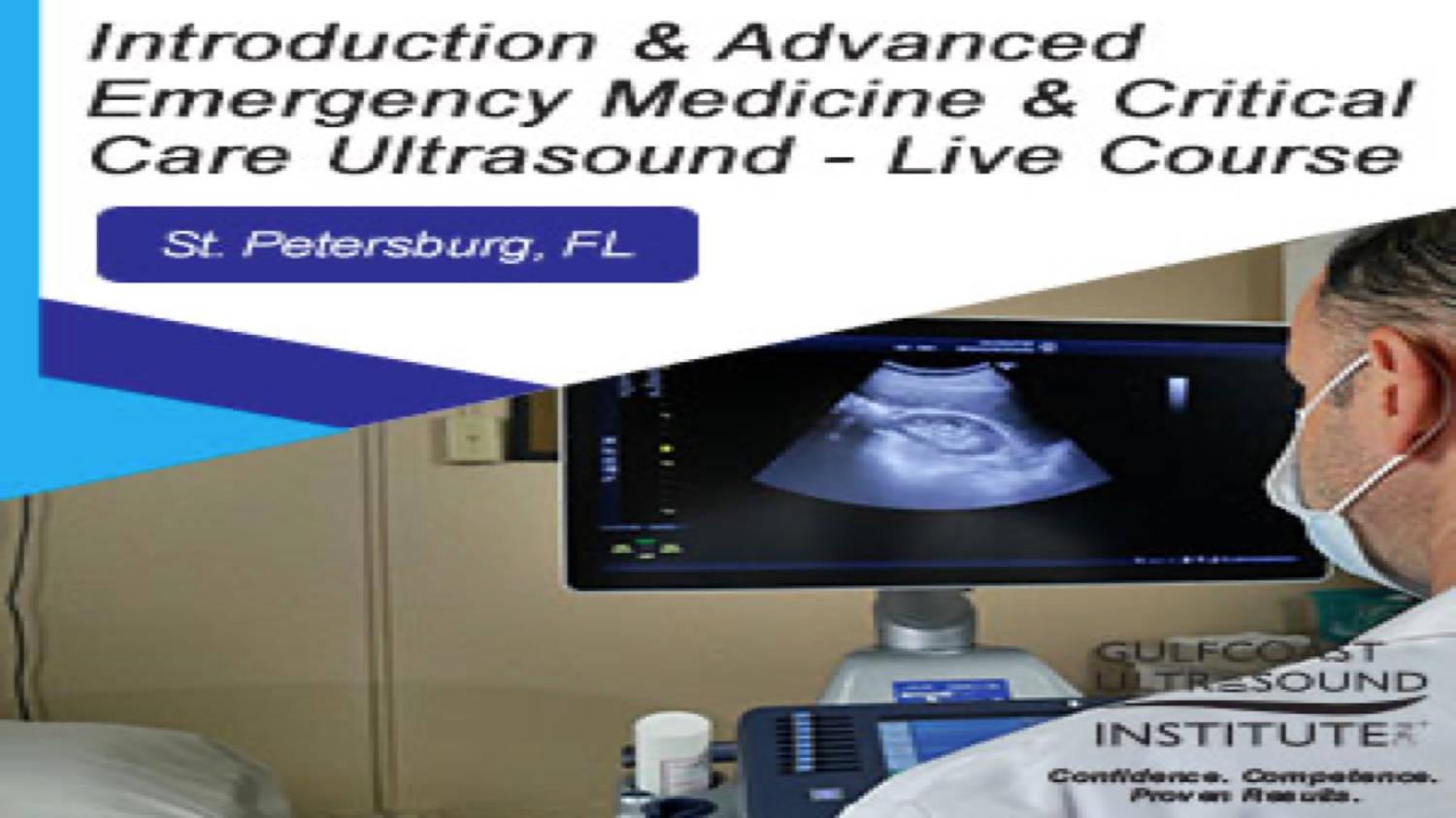
Pediatric Advanced Life Support (PALS) Recertification Course (Jun 01, 2021 - May 31, 2023)
English
Recorded Courses
hosted by Advanced Certification Institute (ACI)
hosted by Advanced Certification Institute (ACI)
attend it anywhere online
category
Pharmacy, Nursing, Dentistry, Medicine
Emergency Medicine, Emergency Medicine, Pediatrics
price
$109
Pediatric Advanced Life Support (PALS) Recertification Course is organized by Advanced Certification Institute (ACI).,Release Date: June 1, 2021,Expiration Date: May 31, 2023,Course Overview:,PALS stands for Pediatric Advanced Life Support. The PALS course presents the knowledge and resuscitation skills needed for the emergent treatment of three types of life-threatening conditions in the pediatric population:,• Cardiac emergencies, including both cardiac arrest and cardiac arrhythmias that may lead to cardiac arrest.,• Respiratory emergencies, including upper and lower airway obstructions, lung tissue disease, and disordered control of breathing.,• Shock, including hypovolemic, obstructive, distributive, and cardiogenic shock.,,The primary goal of PALS is to recognize life-threatening pediatric emergencies and provide prompt assessment and treatment during the initial minutes of the emergency.,,PALS follows internationally accepted treatment guidelines developed using evidence-based practice. These guidelines represent the consensus recommendations of experts in pediatric resuscitation and provide us with a common “playbook” when a pediatric emergency occurs. By learning a standard approach to assessing and treating pediatric emergencies as an organized team, PALS providers from different settings can work together effectively.,,Prior to beginning the PALS course, students should have a working knowledge of:,• Basic Life Support (BLS/CPR), including CPR for infant and child victims,• Basic ECG Rhythm Identification,,Pediatric Advanced Life Support (PALS) provides a systematic method for the recognition, assessment, and treatment of pediatric emergencies. The PALS course includes a review of basic and advanced treatment for cardiac, respiratory, and shock emergencies.,,PALS is part of an overall system to improve survival. To maximize survival, each component of the system must work effectively, including:,• Early recognition,• Early activation of the emergency response system,• Early CPR,• Early defibrillation,• High-quality advanced life support,• Post-arrest care,,This system begins with early recognition of pediatric emergencies and cardiac arrest. Especially for cardiac arrest, survival is improved significantly by early activation of the emergency response system. Community education programs to train the public to recognize cardiac arrest and other life-threatening pediatric emergencies can improve survival. Out of the hospital setting, the emergency response system is activated by calling 9-1-1, or another regional emergency number. In the hospital setting, healthcare providers should know the emergency number used to summon help.,,While PALS certification requires knowledge of advanced treatment algorithms, these advanced interventions are secondary to early CPR and early defibrillation for the cardiac arrest victim. Here again, community outreach programs and facility-specific response strategies can reduce the time to CPR and the time to defibrillation by increasing the number of willing rescuers and improving access to AEDs.,,Early recognition, early access, early CPR, and early defibrillation are all needed to maximize survival from cardiac arrest. Survival may be further improved by high-quality advanced life support capable of performing advanced interventions, such as advanced airway management, vascular access, and medication administration. Advanced life support is also needed to provide effective post-arrest care, supporting oxygenation, ventilation, and circulation for the post-arrest patient. Advanced life support can also improve survival from life-threatening respiratory and shock emergencies.,,Educational Objectives:,Realize the goal of Pediatric Advanced Life Support is to improve the quality of care for seriously ill or injured children to achieve the best possible outcome through:,• Knowledge of the early sign and symptoms of impending cardiopulmonary arrest and preventative interventions,• The systematic approach to pediatric patient assessment through primary and secondary assessment and diagnostic interventions,• Knowledge of appropriate interventions for infants and children for cardiopulmonary emergencies,• Knowledge of how to perform high-quality CPR and respiratory care,• Knowledge of how to select the appropriate monitoring, drug, and electrical therapy for various arrhythmias,• Knowledge of how to establish rapid vascular access,• Ability to describe the appropriate post-resuscitation management of the pediatric patient,• Understand how to be an effective team member or leader through appropriate communication and team dynamics









